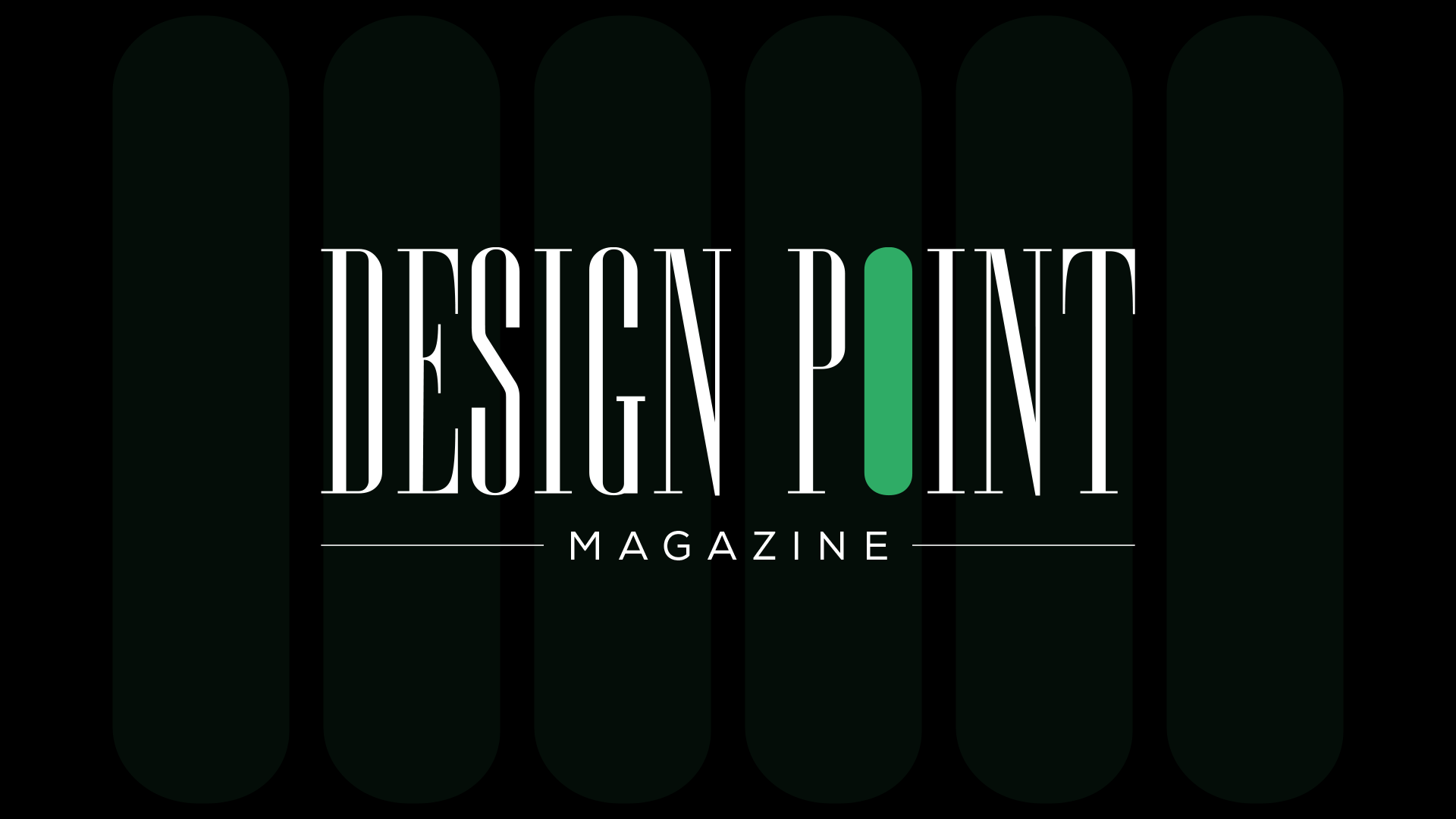Debbie Millman has an ongoing project at PRINT titled “What Matters.” This is an effort to understand the interior life of artists, designers, and creative thinkers. This facet of the project is a request of each invited respondent to answer ten identical questions and submit a nonprofessional photograph.
British illustrator and author Marion Deuchars publishes beautifully illustrated children’s books and has created her own globally recognized style of hand lettering. Her Let’s Make Some Great Art series of art activity books have won numerous awards and have been translated into 22 languages. She is a member of the Alliance Graphique Internationale and a Royal Designer for Industry.
What is the thing you like doing most in the world?
Simple pleasures: sharing food, conversation with loved ones and friends; being in nature and sniffing my dog.
What is the first memory you have of being creative?
I think my first memory of being creative, was daydreaming about it. My grandmother’s house was beside a former slag heap from a long-closed coal mine. Though it might sound bleak, the area had transformed into a vibrant, green landscape full of trees, gullies, steep banks, and mysterious holes. I loved playing there, it was always an adventure, and in those days, it was safe for a young girl to wander alone. I would invent a character and enter this magical place. I would hide messages in little bottles, carve into rocks, make things out of sticks and leaves, or sit on the edge of a precipice my legs dangling with jaggy rocks below, thinking about life’s big questions we still don’t have answers to. “‘Destined for art school that one”, my family would say.
What is your biggest regret?
I honestly can’t think of a big one. I don’t tend not to view any experience as regretful and I think perhaps a negative incident might lead to an unexpectedly positive outcome. If I have any smaller regrets, they’re around friendships. There were times, especially after college, when I was so focused on building my career that I may have been less present for friends who were going through tough times. In my ambition to succeed, I was probably a bit insensitive to what others were facing.
How have you gotten over heartbreak?
With difficulty, distraction, and a bit of pretending until eventually time softens it. I remember one time when I was heartbroken for what felt like ages—probably around a year. Outwardly, I seemed fine and continued with life, but there wasn’t a moment in the day when thoughts of that person didn’t sneak into my head and cloud things. Even in exciting new places or events, I couldn’t fully appreciate the moment. Strangely, I remember the exact day I ‘stopped’ thinking about them. It felt like a loss in itself, and it made me realise that we cling to painful thoughts without fully recognising what lies behind them. The brain likes familiar patterns, replaying memories like a repeat record you can’t get out of your head. There’s a comfort in it.
What makes you cry?
Many things, especially cruelty toward innocents. Loneliness affects me too. I used to pass a house on my way to the studio where an elderly lady would wave at me each day. I’m not actually sure if she was lonely, but the thought that she might be used to upset me. Loneliness seems almost epidemic in the UK now. I watched a program by Esther Rantzen, who advocates raising awareness of this issue, and I cried a lot. Some of the elderly people in the program had only brief human contact, often just with a food delivery driver or a care worker checking if they were still alive. It feels wrong that society has allowed this to happen.
How long does the pride and joy of accomplishing something last for you?
In terms of my publishing work, the feeling of satisfaction doesn’t last nearly as long as I’d like. I seem to move from one project to the next without much time to appreciate each accomplishment, and I’ve come to accept that this might simply be my nature—a cycle of confidence and doubt that’s common among creatives. Reaching a mythical ‘breathing space’ where everything feels fully complete seems unlikely. Now, I try to think about being a bit kinder to myself, I can miss a deadline. After all, no one’s going to die and no one’s waiting on the edge of their seat—except maybe the publisher!
Do you believe in an afterlife?
Probably not, but as we have no proof to say otherwise, I’ll hold onto a little hope. I’m drawn to Miroslav Holub’s (immunologist and poet) writing to give me this. In his book The Dimension of the Present Moment, he explores a unique view of the afterlife. Rather than seeing death as an end, he suggests that we persist through our cells, molecules, and actions, merging with the world around us. We become part of an ongoing cycle; our presence endures in the air, the soil, and in the lives we’ve touched, forming an eternal connection. That sounds like a good answer to me.
What do you hate most about yourself?
Is it a bad thing if I don’t ‘hate’ anything? I accept that I have a few things I could improve on: worrying too much about others’ opinions of me, sulking, and occasional bouts of selfishness.
What do you love most about yourself?
Being a good friend; empathetic; being grateful for every day; not feeling guilty about treating myself.
What is your absolute favorite meal?
Any meal that contains ginger, garlic and chile.
The post What Matters to Marion Deuchars appeared first on PRINT Magazine.

